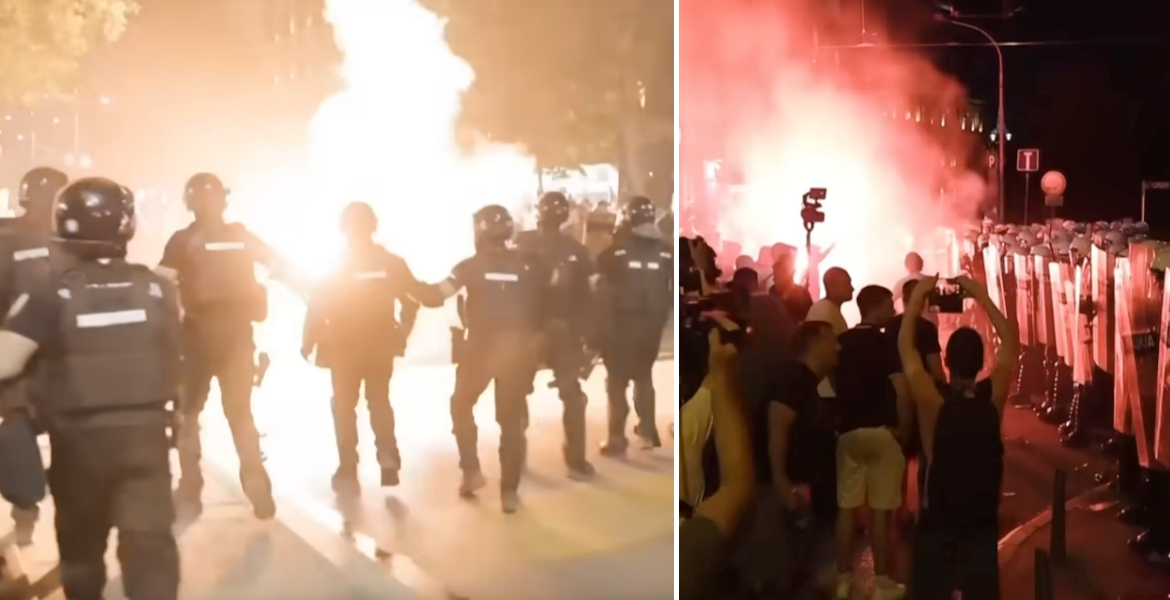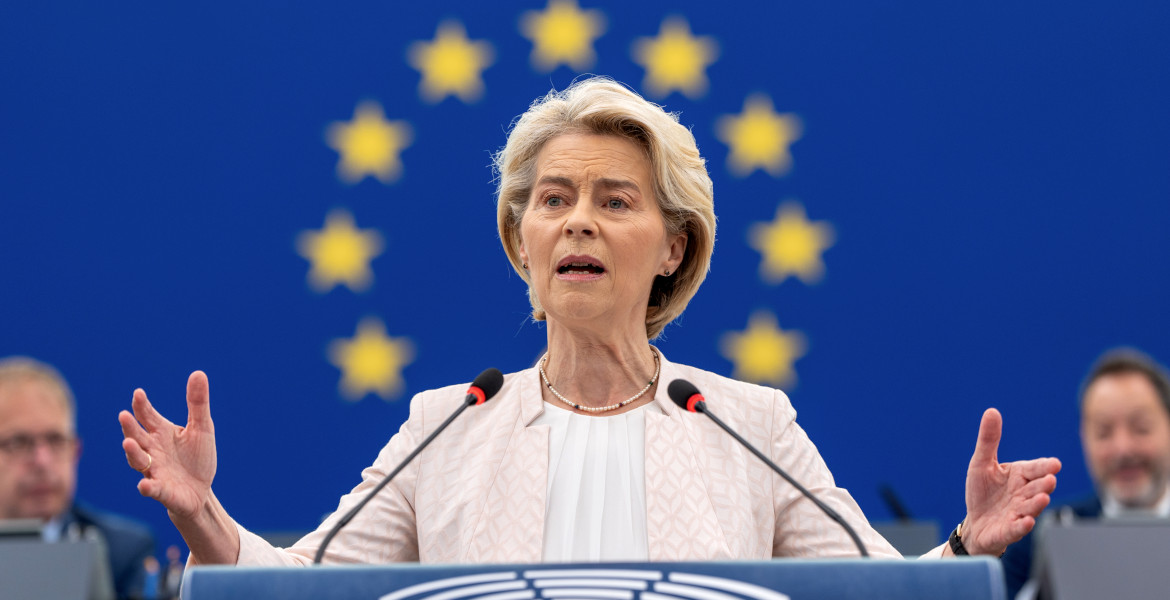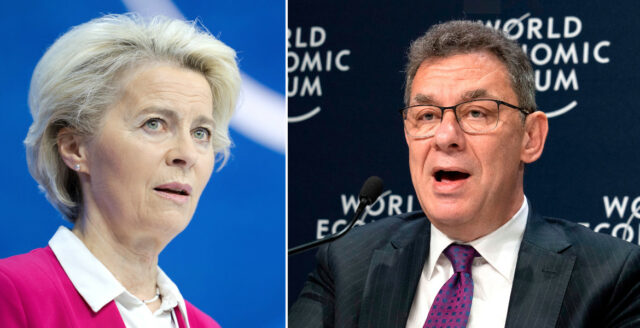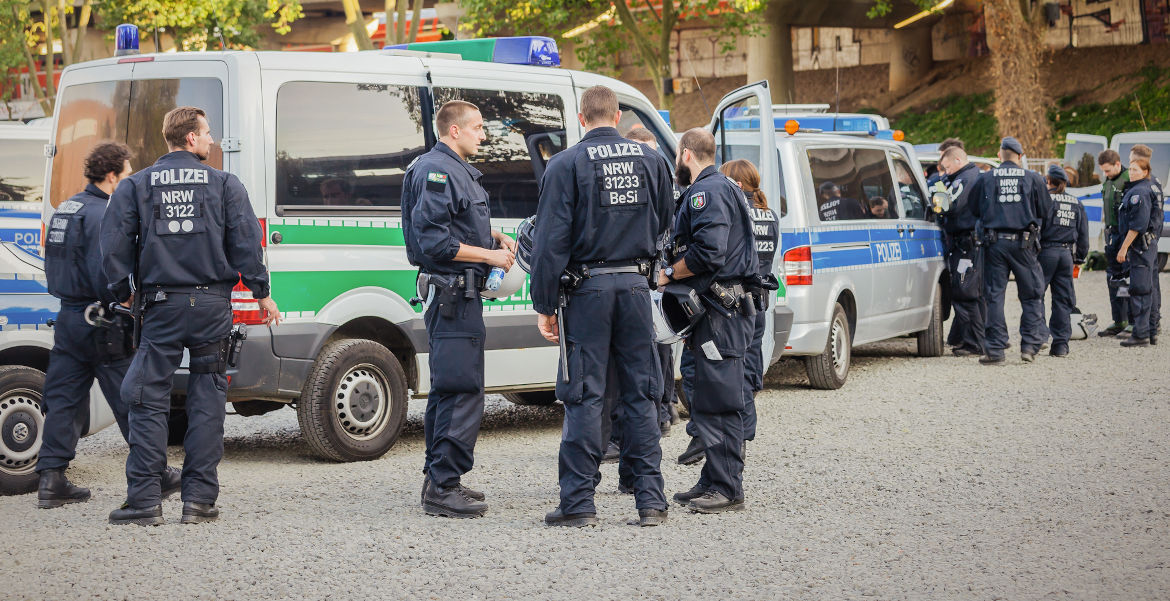The Czech Republic is introducing a tax exemption for bitcoin held for more than three years. The law, which will come into force in 2025, aims to simplify taxation and strengthen the country’s role in the crypto market.
On December 6, the Czech parliament approved a law that exempts bitcoin and other digital assets from capital gains tax, provided they are held for at least three years.
The law was passed with 169 votes and was almost unanimous. The reform is expected to simplify the taxation of digital assets and promote long-term investment.
Prime Minister Petr Fiala describes the reform as “a modernization”, and believes that the measure strengthens the country’s position in the crypto world. In particular, he highlighted the efforts of the MP and clarified the meaning of the new rules on the X platform:
Prosadili jsme lepší podmínky pro kryptoměny. Velkou práci na tom udělal náš poslanec @j_havranek, který se tomu 2 roky intenzivně věnoval.
Nově bude platit časový test, který zaručí, že pokud kryptoměny držíte déle než tři roky, jejich prodej nebude zdaněn. Hodnotový test zase… pic.twitter.com/dHFESRvcD3
— Petr Fiala (@P_Fiala) December 6, 2024
“We have been pushing for better conditions for cryptocurrencies. Our MEP Jirka Havánek did a great job on this, and has been working intensively on it for 2 years.
There will now be a time test to ensure that if you hold cryptocurrencies for more than three years, their sale will not be taxed. The value test will in turn mean that you will not have to report transactions up to CZK 100,000 per year in your tax return”.
The rules also apply to previous holdings
Under the new rules, individuals will be exempt from capital gains tax on digital assets held for at least three years. Transactions below CZK 100,000 (around €4000) per year will also be exempt from reporting, benefiting both small savers and large investors.
The law will be retroactive, meaning that bitcoin and other digital assets purchased before 2025 can benefit from tax exemption if they are sold under the new rules after the law comes into force. The change aims to create stability and reduce short-term speculation in the market.
– We have taken an important step to allow crypto businesses in the Czech Republic to function and continue to develop, a government representative said at a press conference.
JUST IN: The Czech Republic has enacted a new law eliminating capital gains tax on Bitcoin held for more than three years and prohibiting banks from discriminating against Bitcoin businesses.
— Bitcoin News (@BitcoinNewsCom) December 6, 2024
EU rules for the crypto market
In addition to changes for investors, the legislation also includes rules for digital asset companies. Banks in the Czech Republic will no longer be allowed to discriminate against companies working with bitcoin or other cryptocurrencies.
The reform will be harmonized with the upcoming EU regulatory framework, Markets in Crypto-Assets (MiCA), which standardizes the regulation of digital assets across the Union. MiCA will enter into force shortly and is expected to further strengthen the Czech Republic’s role as a leading player in the crypto market.
Despite the progress made, some ambiguities remain in the new law. There are no clear guidelines on how to verify long-term holdings, and digital assets are not defined in the Income Tax Act. Tax experts warn that this could lead to interpretation problems.









